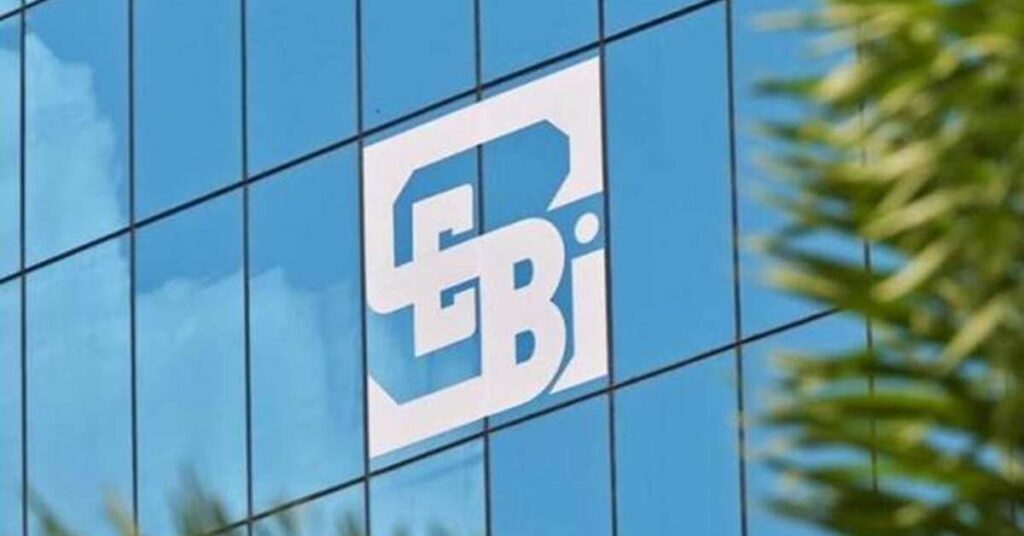Thursday’s market regulator eased startup access to the Indian market as it shifted towards a potential exodus from local businesses to foreign financial markets. SEBI has approved a number of changes to the rules for listing on the Innovators growth platform , including the two-year reduction at a time when early-stage investors are required to hold 25% of the pre-issue capital, and enabling IPO bound startups to allocate up to sixty percent of the size of the issue to any eligible investor with an approximately 30-day lockin on these shares. Right now, start-ups are not allowed to make discretionary allocations. The regulator has also lowered the threshold for triggering open bids from 25% to 49% of start-ups, except when there is a change in the management control over the target corporation.
SEBI has also relaxed standards for the delisting of startup companies. The delisting will be considered a success if the acquiring or promoting shareholder, as well as the shares deposited and accepted, reaches 75% of the total issued shares of this category, and a minimum of 50 percent of the public share ownership is available and accepted. Moreover, the reverse book building mechanism will not be applicable to start-ups looking to become private. In order to calculate the price of the offer, the floor price will be determined in terms of take-over regulations, in addition to the delisting price as warranted by the purchaser or promoter. SEBI has also agreed to relax the rules for companies wishing to migrate to the main board of directors from the Innovation Growth Platform. Start-ups wishing to be listed on the main board are now able to do so , through the allocation of 50% of the capital to skilled institutional purchases.
This SEBI move intends to encourage successful Indian startups to enter domestic markets rather than foreign offices. Many Indian start-ups and start-ups are also said to be seeking a public list abroad. Many start-ups concentrate on growing their income quicker than mature companies, and this oftentimes sacrifice profits in the early years for growth. In view of the fact that profitability is a key criterion for companies to be listed on the board of stock exchanges, in 2019, SEBI established an alternate registration platform called the Innovators Growth Platform for new-age entrepreneurial ventures. But the platform found few licensees, encouraging the regulator to make the changes.
Over the last few months, several domestic companies have been exploring listing in the US and Singapore because of their more user-friendly rating standards and multiple rating options. Investor education on technology equities is also weak, with few publicly listed technology companies. Despite the fact that SEBI’s new registration regime is a step in the right direction, there is still a long way to go to instill confidence in Indian startups while providing education to investors.

